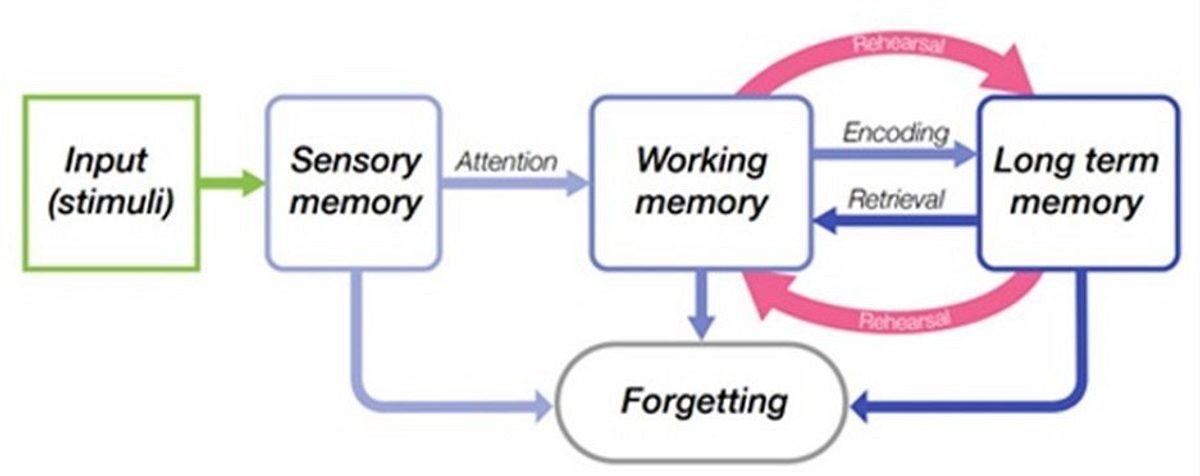You are sitting down to watch the newest episode of your favourite show on a Sunday evening. As the show begins, the usual recap of what has previously happened rolls on. You notice that not only is the recap showing what happened last week but also shows some details from a previous season, flagging this information as important for what will come next.
This recap consolidates the knowledge of what happened in previous episodes, but also provides a solid base for the events of the new episode to build upon. Retrieval practice can fulfil a similar function for students in our lessons.
This is a term that has become commonplace in schools. Quizzing to check knowledge has long been an arrow in practitioners’ quivers. If our students are to gain the most from this approach, it is vital for us to understand not only that retrieval can support learning but also why.
Having a foundational knowledge of the processes of memory and of cognitive load can help with this.
How does retrieval interact with the processes of memory?
Take a look at the memory model from the EEF’s Cognitive Science Evidence Review below:

We can see that the encoding process helps to store the knowledge being learned in the long-term memory and that retrieval helps to bring knowledge back into the working memory.
Research suggests that engaging in this process can improve the retrieval strength of the information. Through the act of trying to remember, we identify to the brain that the information is important and so it must store the information better as it was not readily available. So, by practicing retrieval, we can make it easier to remember that knowledge at a later date.
But the benefits are not limited to the remembering. Roediger and colleagues suggest that retrieval practice can “increase both category clustering and subjective organization of materials” (Roediger et al. 2011), so retrieval practice can also aid the encoding process resulting in improved storage strength.
How does retrieval interact with cognitive load?
Cognitive load – or the amount of the working memory being used during a task – can also be helped by deliberate retrieval.
The more knowledge a student has on a topic, the more easily they can cope with the demands of a related task. By retrieving previously learnt information, less working memory is needed to process the new information and any relevant contextual information.
So, retrieval practice can be beneficial in two ways here: it can help to make previously learned knowledge more accessible, and it can be used to flag what prior knowledge will be needed to process the new information or task.
Moving beyond a quiz
Retrieval practice often manifests as a quiz, which certainly can be helpful. However, if we view it through the lens of understanding foundational cognitive science principles, we can plan retrieval practice in a way that will support our pupils’ memory processes and cognitive load.
When planning retrieval opportunities you could consider:
- What specific knowledge and concepts are the most important to practice retrieving from your curriculum?
- What specific knowledge will help your pupils’ working memories in today’s learning?
- What is the purpose of this retrieval activity and where is it best placed in the lesson?
- What form is best for this retrieval activity?
You may also be interested in reading:
EEF’s Cognitive Science Approaches in the Classroom: a review of the evidence, outlines the evidence surrounding memory (p. 10), cognitive load theory (p. 24 – 30) and retrieval practice (p.21 – 23)
Roediger, H. L., Putnam, A., & Sumeracki, M. (2011). ‘Ten benefits of testing and their applications to educational practice.’ Psychology of Learning and Motivation, 55, 1 – 36
